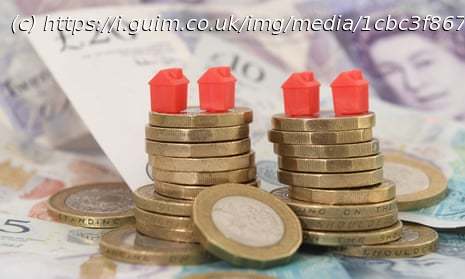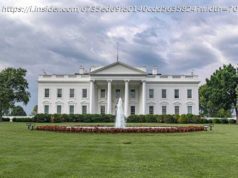In today’s newsletter: It’s good news – but the figure is still a bit higher than expected, even as energy costs decline. As the latest data is released, we look at its ongoing impact – and what it means for you
Good morning. Today’s newsletter comes to you a few minutes late so that we can reflect the latest UK inflation figures, released at 7am by the Office for National Statistics. It’s good news: the headline rate has fallen from 10.1% to 8.7%, taking it into single digits for the first time in eight months.
There were widespread expectations of a real drop this time. Since the same thing was true in April and it didn’t happen then, leading to Bank of England governor Andrew Bailey admitting there are “very big lessons to learn” for its forecasting model, this news will have caused a sigh of relief at the central bank – even though the figure is a bit higher than the 8.4% the Bank expected, and food inflation remains very high, at 19%.
To follow the live reaction, head to Jasper Jolly’s live blog. Today’s newsletter, with the Guardian’s economics correspondent Richard Partington, is a straightforward guide to some of the reasons why this has happened, whether we can still hope for a significant drop in inflation by the end of the year, and what it all means for you. Here are the headlines.
Obviously you already know this, but just in case: the inflation rate is the term for the increase in prices over time. If a bunch of bananas cost £1 a year ago and now costs £1.10, the annual inflation rate for bananas is 10%. That means that your money is worth less. There are various ways to measure that across the whole economy, but the key figures released by the Office for National Statistics this morning are the consumer prices index – the measure of the prices of a “basket” of hundreds of typical items, running from peanut butter and broccoli to streaming service subscriptions and petrol. (For a helpful glossary of some of the terms we use when talking about inflation, see this primer by Larry Elliott.)
Another baseline reminder: while it’s clearly desirable in the current situation for inflation to come down, that doesn’t mean that prices are falling – it just means they’re rising more slowly. And the increased costs baked in over the last 18 months are still a fact of life in most areas. In other words: it’s not that you’re going to feel richer, it’s just that you’ve been living with this for longer.
Why did the rate come down?
Last month, economists had expected that inflation would come down from 10.4% to 9.8% – but it wound up only declining by half that amount, mostly because food and drink prices rose at their fastest annual rate since 1977. That left the UK as the only country in the G7 with a double-digit figure.
“The story of inflation in the UK over the first half of the year is that it was predicted to fall rapidly, and it hasn’t happened,” Richard Partington said. “It’s been stubbornly high.”
This time around, and notwithstanding that error, economists were even more confident in their prediction that it would fall. “You look at Reuters’ survey of 39 economists in the city – every single one said that they were expecting it to drop,” Richard said. Similarly to the Bank’s 8.4% forecast, the average prediction in that group was 8.2%.
The primary reason for that confidence, which has been broadly borne out this morning, even if the actual 8.7% figure is a little higher: the sharp rise in gas and electricity prices prompted by Russia’s invasion of Ukraine last spring is no longer part of the equation.
“At the start of April 2022, there was a roughly 50% rise in gas and electricity bills when Ofgem increased the price cap,” Richard said. “That was an eyewatering figure. Now the comparison period is with the already high level after that rise happened, so the rate drops.” Sure enough, the ONS said that electricity and gas prices contributed 1.42 percentage points to the fall.
Meanwhile, “wholesale gas and electricity prices have fallen substantially in recent months – European gas prices are close to the levels they were at before Russia’s invasion.
Start
United States
USA — mix Wednesday briefing: Why the UK’s inflation rate just came down to 8.7%






